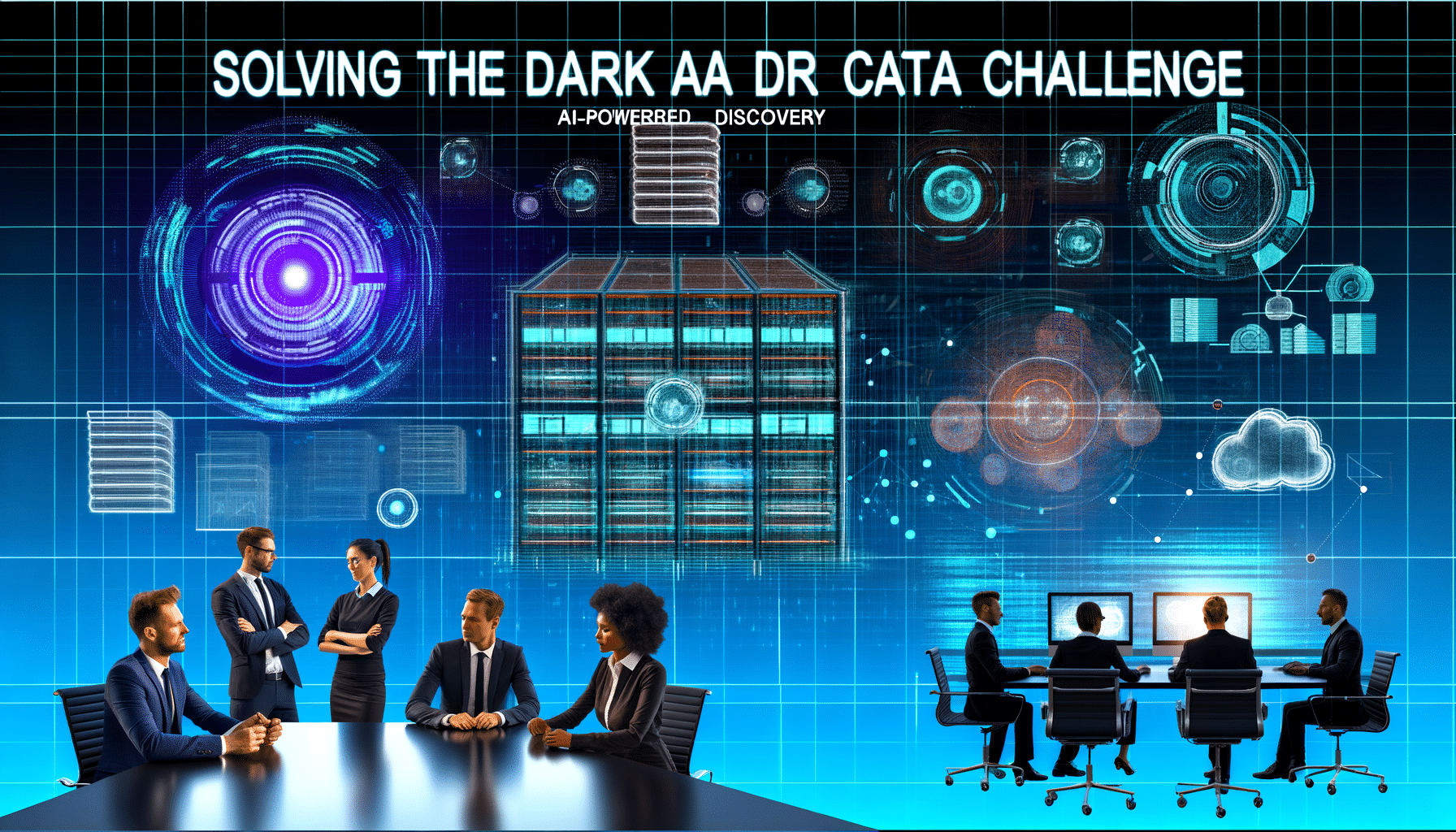- Data Management
- September 22, 2023
Data Archiving vs. Data Backup: Key Differences and Best Use Cases

Understanding Data Archiving and Data Backup: Integral Components of Modern Record Management
The digital realm is evolving at a breakneck speed, and businesses today amass massive amounts of data that hold invaluable insights. But how does one efficiently manage this burgeoning data landscape? The answer lies in two pivotal processes: data archiving and data backup. Though these terms are often used interchangeably, they serve distinct purposes and offer unique advantages. Let me unpack the intricacies of these processes, reflecting on my entrepreneurial journey with RecordsKeeper.AI.
The Essence of Data Archiving
Data archiving is akin to preserving a valuable piece of history—it’s about systematically storing data that is no longer actively used but must be retained for future reference or compliance. As businesses grow, so does the need to maintain extensive archives containing important records, such as financial documents and legal compliance data. My platform, RecordsKeeper.AI, integrates Blockchain technology to ensure the integrity and immutability of archived data, offering an unparalleled layer of security.
Key Characteristics of Data Archiving
- Long-term Data Retention: Archives are built for long-term storage, allowing users to retrieve data even after many years.
- Compliance and Auditability: Many industries have stringent regulations about data retention. Archiving helps businesses meet compliance standards effortlessly.
- Lower Storage Costs: By moving inactive data to cheaper storage, you free up expensive storage solutions for data that’s in daily use.
Use Cases for Data Archiving
- Regulatory Compliance: Industries like finance and healthcare regularly use archiving to adhere to GDPR, HIPAA, and other compliance mandates.
- Historical Reference: Archived data provides a rich reference for strategizing and decision-making processes.
- Reduced IT Load: By moving seldom-used data to archives, your active databases run more effectively.
Navigating the Terrain of Data Backup
While archiving preserves the past, data backup is the knight that protects your present business operations. Backups are all about creating copies of current data to ensure that, in the event of a failure or accidental deletion, your data can be quickly restored.
Key Components of Data Backup
- Risk Mitigation: Safeguard your current data against data loss, server failures, or cyber threats.
- Data Recovery: Quick recovery times to minimize disruptions to business operations.
- Frequent Updates: Regular backup routines keep information up-to-date compared to archives.
When to Opt for Data Backup
- Business Continuity: Regular backups ensure that day-to-day operations remain unaffected even in the event of data loss.
- Operational Errors: Human errors like accidental deletion are mitigated by recent backups.
- Security Threats: Backups are crucial in recovering from ransomware or cyberattacks.
Data Archiving vs. Data Backup: Making the Right Choice
It might appear that choosing one process over the other is the way to go, but the truth is that both are essential in a comprehensive data management strategy. Understanding the differences allows businesses to employ solutions that safeguard operational data while retaining historical records effectively.
How RecordsKeeper.AI Bridges the Gap
Discovering the synergy between data archiving and backup empowers organizations to modernize their record management systems. At RecordsKeeper.AI, our robust platform integrates the strengths of both these processes, providing a seamless and secure solution for legal, finance, and compliance heads who oversee recordkeeping.
With automated workflows tailored to regulatory standards, airtight security through blockchain integration, and seamless data recovery features, our platform is more than just a tool—it’s a strategic advantage.
Conclusion: The Future of Data Management
The journey of entrepreneurship has taught me the importance of data integrity and security. In choosing between data archiving and backup, there is no ‘one-size-fits-all.’ The key lies in understanding their differences and strategically leveraging both to suit your organization’s unique requirements. I encourage you to explore RecordsKeeper.AI for an innovative approach to data management—transforming recordkeeping from a mundane task into a cornerstone of success.
For those eager to delve deeper into the world of modern data management, join me on this exciting journey by following me for more insightful discussions. Let’s revolutionize the way we perceive and manage data.
Toshendra Sharma is the visionary founder and CEO of RecordsKeeper.AI, spearheading the fusion of AI and blockchain to redefine enterprise record management. With a groundbreaking approach to solving complex business challenges, Toshendra combines deep expertise in blockchain and artificial intelligence with an acute understanding of enterprise compliance and security needs.
Related Posts

Solving Cross-System Data Consistency Issues
Maintaining data consistency with blockchain technology.
- November 16, 2024

Solving the Dark Data Challenge: AI-Powered Record Discovery
How AI can help organizations uncover and classify forgotten records hiding in their systems.
- November 16, 2024
Archives
- December 2024
- November 2024
- October 2024
- September 2024
- August 2024
- July 2024
- June 2024
- May 2024
- April 2024
- March 2024
- February 2024
- January 2024
- December 2023
- November 2023
- October 2023
- September 2023
- August 2023
- July 2023
- June 2023
- May 2023
- April 2023
- March 2023
- February 2023
- January 2023
- December 2022
- November 2022
- October 2022
- September 2022
- March 2019
Want to get more content like this?
Signup to directly get this type of content to your inbox!!
Latest Post
Organizing External Auditor Access
- December 22, 2024
Document Control in Manufacturing Plants
- December 21, 2024
Handling Rush Financial Report Requests
- December 20, 2024
Managing Record Access After Staff Changes
- December 19, 2024





